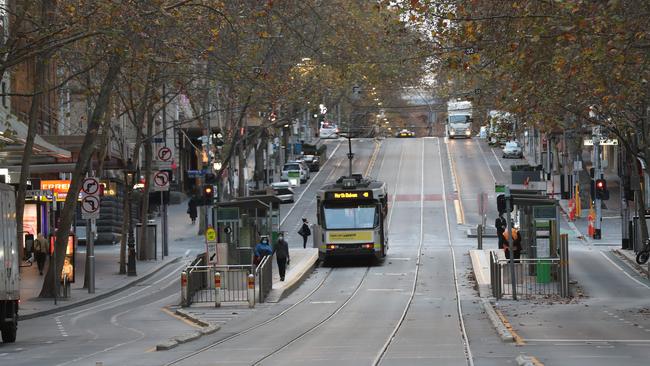
Former BHP chair Don Argus, for one, fought hard to keep Melbourne as the company’s headquarters in 2001 when it merged with Billiton.
Now he worries whether a company like BHP could just as easily base itself in Perth, closer to its resources and customers.
The reality facing Victoria is after 140 days of lockdown, or 23 times the national average, its desirability as a base for big business is clearly diminished.
Melbourne, it should be noted, still has strong support as a corporate hub, with Seek’s Andrew Bassat saying on Thursday “we continue to believe in Melbourne and it will continue to be our home”.
More head office staff may be working from home but the reality is for big business it’s simply easier to work outside Melbourne.
Qantas won some unstated NSW tax concessions to retain its head office in Sydney after looking at Melbourne and elsewhere.
Long term, if big business moves, small business will have less reason to be in the state.
Victoria enjoyed a bigger share of migrant flow than other states in the lead-up to the pandemic.
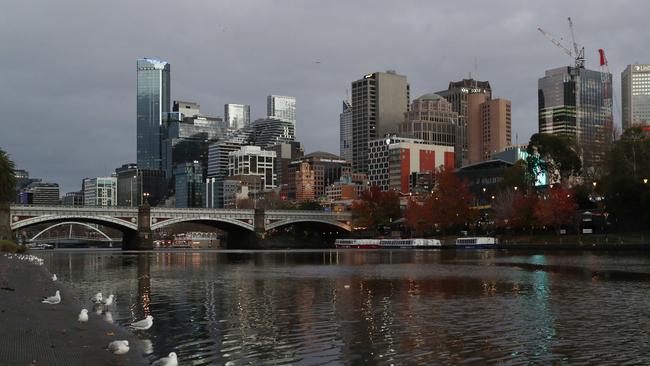
But that is now finished and the state will struggle to climb back having fallen from the third highest state on personal income per population in 2001 to the second lowest in 2019-20, according to figures from economist Saul Eslake.
Poor productivity has been the reason for Victoria’s decline over the last decade and while it has an impressive infrastructure pipeline, the state relies more than most on foreign students and tourists. They are not in abundance amid the pandemic.
Victoria also fines its population more than most, with an average of $117 per person per year against $60 in the rest of the country. In the latest budget the government said this rate would increase to $150 per cent in the 2025 financial year.
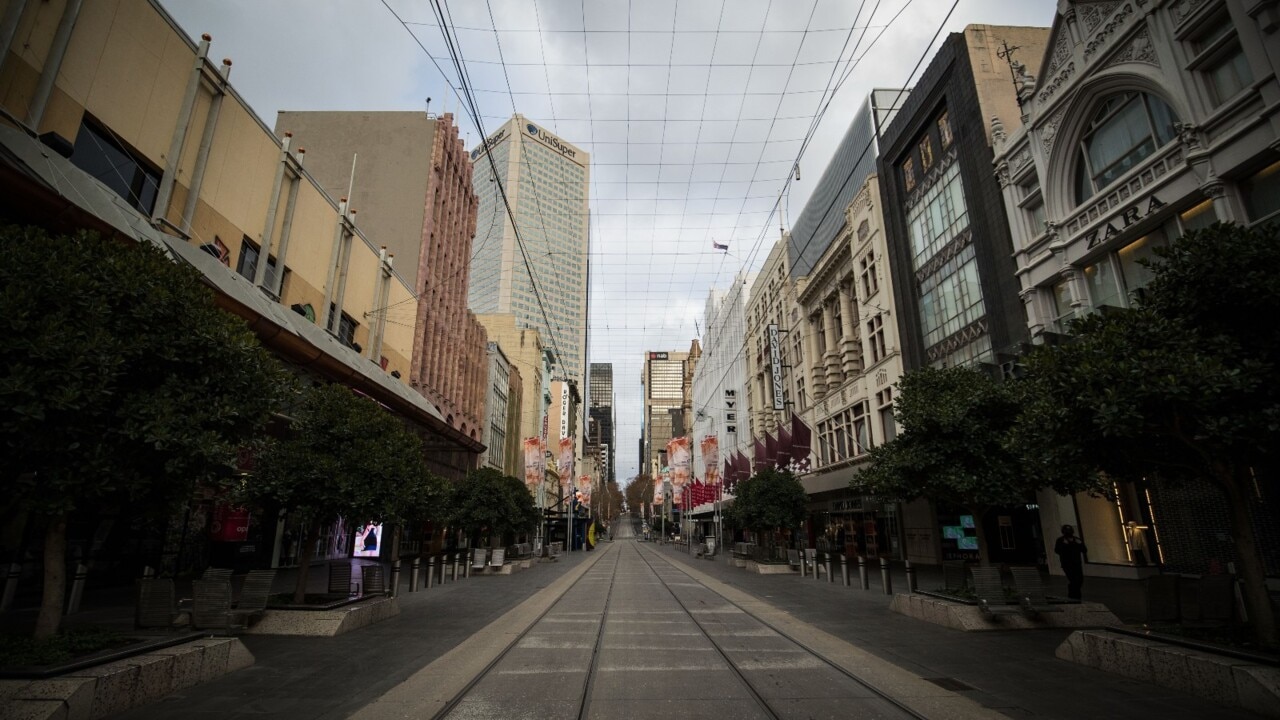
Big business can survive the pandemic better than corner stores but states compete to host corporate head offices.
Right now the attractions of Melbourne don’t stack up against the rest of the country, in part due to the mishandling of the pandemic starting with the QR code, in which it was a late adopter and had an inferior product.
Melbourne retains its base for the big industry funds and mainly property-based high net worth family funds, but it long ago lost its crown as the big business base.
The danger now is it will lose more companies because it is simply easier to do business elsewhere.
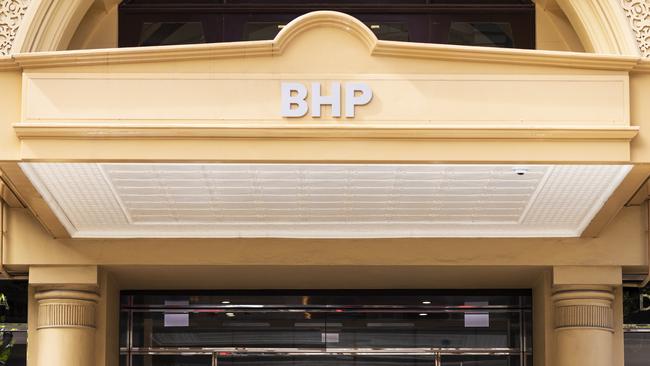
The likes of Telstra are managed out Sydney and Melbourne, as is the corporate cop ASIC, but these could move north of the border full time.
The only saving grace is that Australia as a country is looking more attractive as a base.
As noted previously Treasurer Josh Frydenberg should look long and hard before granting more JobKeeper-type assistance to Victorian small business. It is a state responsibility.
The Feds have done their bit, with the obvious exception of aged care and quarantine facilities.
The blame game should end and all sides should just do their job, which would benefit everyone. In Canberra, that means building dedicated quarantine bases and, amid a long list of reforms, ensuring aged care residents and staff are vaccinated.



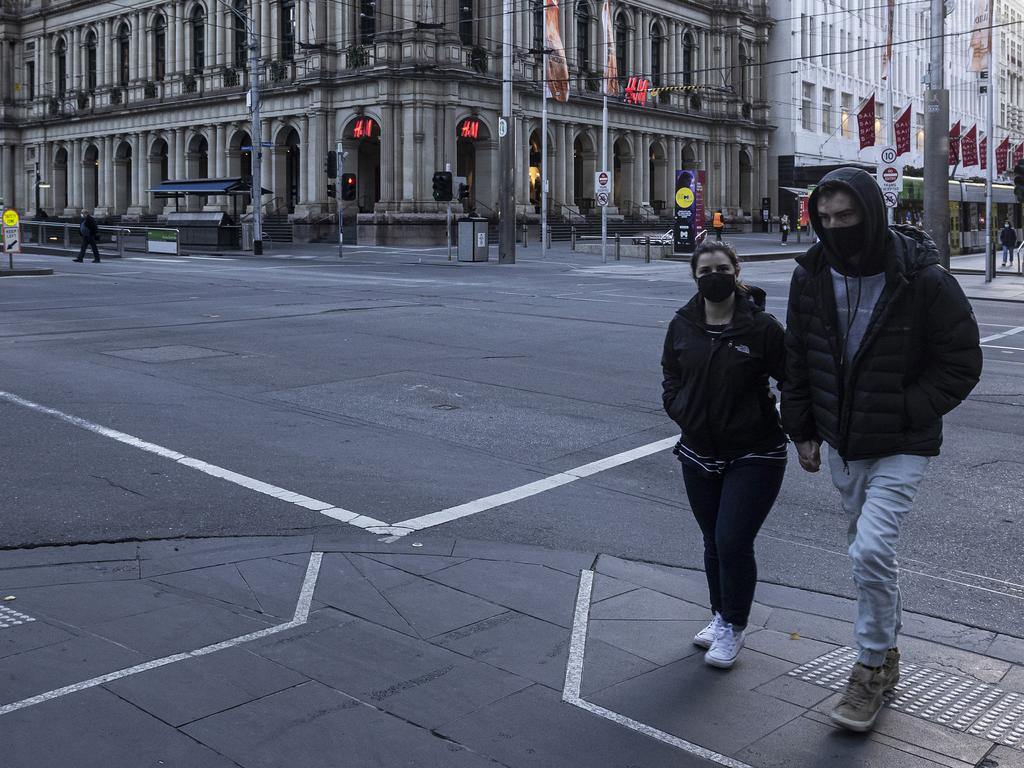

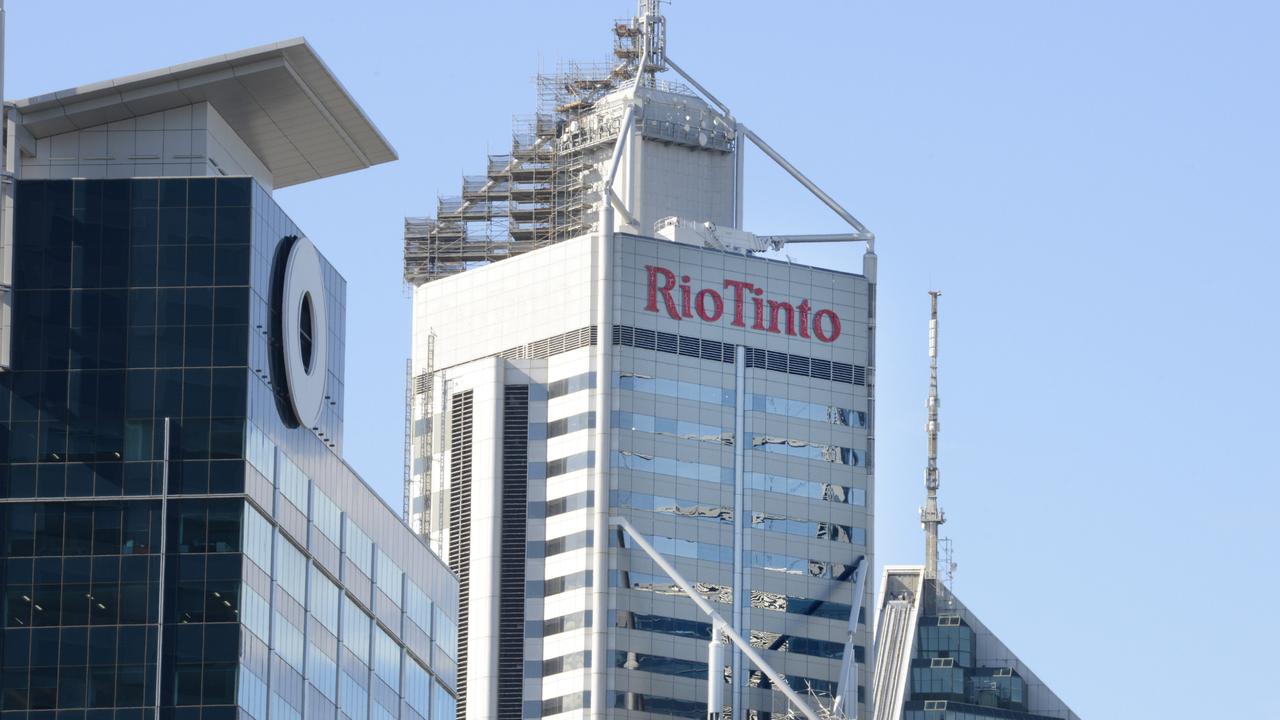
The immediate and well-placed concern in Victoria is over the hit to small business from Covid lockdowns, but some at the big end of town also worry major companies may look elsewhere for a base.